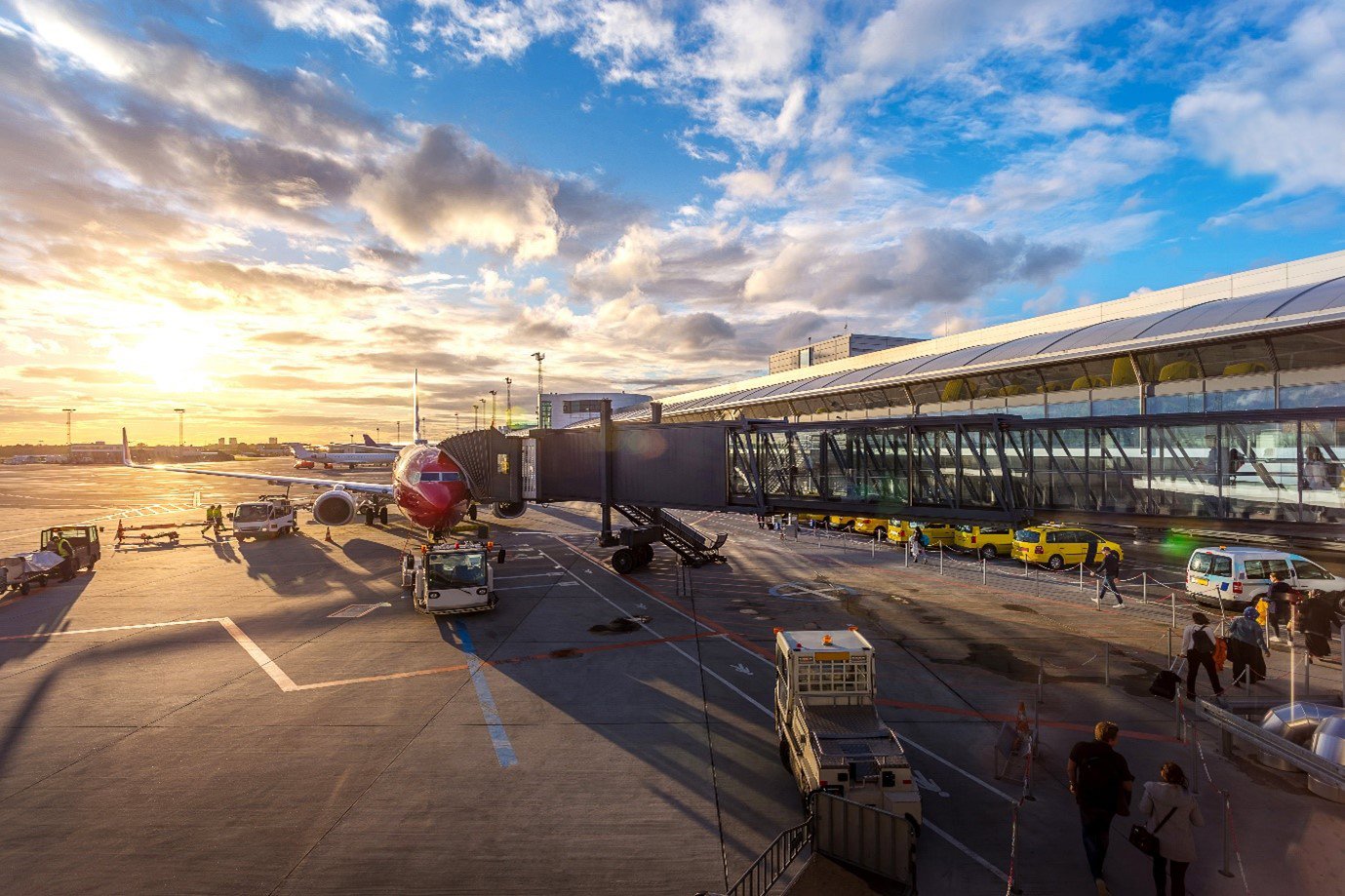Can Family Law Stop Me From Relocating Overseas With My Child?
Relocating to another country with a child is a serious decision requiring many factors to be weighed up. But people often fail to consider that they’ll need the consent of the other parent or the Court if there’s a disagreement on the move. If you ignore the rules, you could find that you have breached international law and be accused of child abduction.
It’s important to understand the law before making any big changes to your child’s life, especially like moving abroad. Even more importantly, make sure your child is OK with this change, too, because it will massively impact their life. Relocating overseas is a big decision for everyone involved.
If you’re thinking of relocating to another country with your child, but their other parent doesn’t agree with this decision, there are things this other parent can do to stop you from taking your child abroad. If none of these methods work, they can use their legal rights.
For initial advice get in touch with our Family Law Solicitors.
There is an international treaty that can be used in cases of child abduction. It is called the Hague Convention.
What is the Hague Convention and Does it Work in Britain?
The country where your child normally lives is called their country of habitual residency and the Court in that country will have “legal jurisdiction”. Habitual residence is the place where someone normally lives.
If you remove your child from their country of habitual residency without the consent of an authorised person (normally the other parent), this could be treated as child abduction under the 1980 Hague Convention on the Civil Aspects of International Child Abduction.
This is a great example of why it’s clearly so important to check the laws and your rights around relocating overseas, especially when you’re taking your child with you and their other parent either doesn’t know or doesn’t agree.
It is also important to know that removing a child from the UK is also a criminal offence under the Child Abduction Act 1984, which may be punished by a fine or up to seven years in prison.
At present, the Hague Convention covers 91 countries, including the UK. Most applications in the UK are dealt with by the England and Wales International Child Abduction and Contact Unit (ICACU). The Hague Convention also applies in reverse when both parents and the child are British citizens and one of them wishes to return to the UK with the child.
What if a Parent Moves Abroad with a Child Without Consent?
Both UK law and the Hague Convention disregards the issue of nationality, focusing instead on where the child lives. The parent whose child was wrongfully removed or retained in another member state can make an application for the child to be returned “home”.
That’s why it’s essential to let your ex know if you plan to move abroad with your child. This way, you won’t get into difficult legal situations like this. It’s important to remember that there could be legal consequences for ‘child abduction’. Before this happens – while you’re still making up your mind about what to do – it’s best to get in contact with your ex, so that they know what’s happening and so they can give their consent, allowing the child to move abroad with you.
In addition, make sure your child is on board with these plans, too. Moving is difficult enough for children – it means they’ll be away from their friends, their home, and everything that’s familiar.

This is made even worse when they have to move to another country, where the culture is usually completely different, and they may even have to learn another language to be able to understand everyone and make friends, which will take time.
But, if you’ve already gone ahead with the move abroad with your child, the other parent can apply for the child to come “home”.
Once the application is filed to a Central Authority, action can be taken to secure the return of the child. In England and Wales, this may involve a High Court Order which can be made to discover the whereabouts of a child, seize passports and ID cards or stop the child at the border to avoid further removal.
Return is the first step after unlawful removal. The Courts of the other country can then decide on the child’s long-term future. This means that a child can't be taken to another country with the intention of asking for approval from the Family Court after the fact.
Making an Application if a Child Was Wrongfully Removed
The application under the Hague Convention must be made without delay.
It’s advisable to apply as soon as you’re certain that the other parent didn’t come back to the country or left with the child and refuses to confirm when they’re coming back.

This is why it’s a good idea to get in touch with solicitors for legal advice when you’re suspicious that something might be wrong, or that your ex and child might not be coming back home to the UK. We’re here to talk you through how to apply for your child to return “home”. We can let you know how soon to apply, how to apply, and the rights you have. We’ll walk you through the process, making sure you’re aware of the deadlines at every stage. In addition, we’ll always keep you updated on the progress of your case.
If the application for the child’s return is made after a year from the date of the abduction or retention, the child may not be returned if it’s demonstrated that the child is now settled in their new environment. Time is therefore of the essence.
Can a Parent Defend the Application to Return the Child?
There aren’t many defences available. However, there is a possibility for the Court not to order the child’s return in the following situations:
- The applicant didn’t have an order to record that the child lives with that parent at the time of removal
- There was consent to the removal or retention
- There is a grave risk of harm to the child
- If the child objects and has maturity for their views to be taken into account









